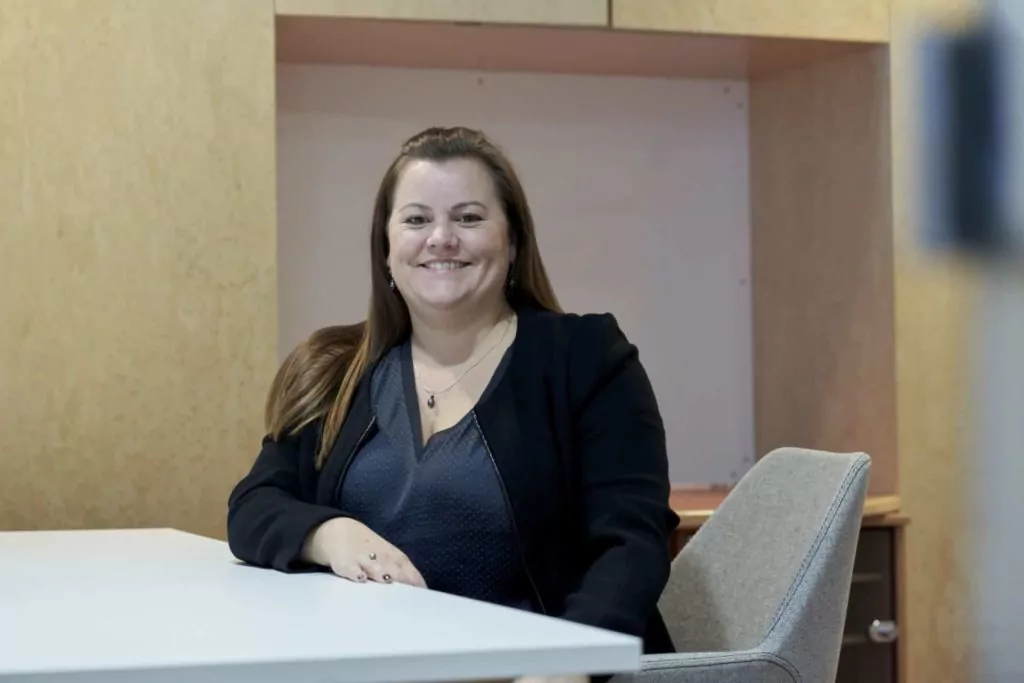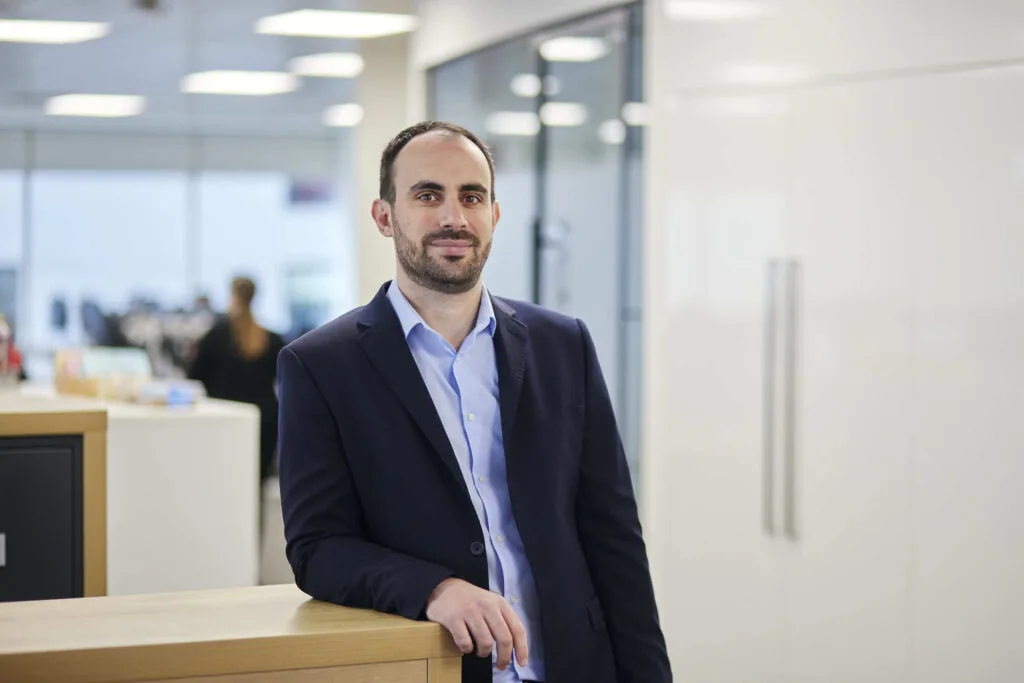Can attorneys make gifts out of the donor's funds?
Any such gift made by the attorney during the donor’s lifetime must have met the criteria set out in the Mental Capacity Act 2005, (MCA 2005) namely:
- Be given on a customary occasion for making gifts between family and friends.
- To someone related or connected to the person or a charity the person supported or might have supported.
- Of reasonable value, taking into account the size of the person’s estate.
An attorney must seek authorisation from the Court of Protection if they want to make a gift that falls outside the above criteria, or outside of the scope of the LPA. Any gift made to themselves out of the donor's funds that is not in the best interests of the donor, or is not within the guidance in the MCA 2005 (without the Court of Protection's permission) is opening the attorney up to a civil action.
Who should bring a claim against an attorney?
Once an initial concern has been raised, it is important that the executor of the estate is made aware. The executors must collect and get in the deceased’s estate, and administer it according to the law, with due diligence in accordance with section 25 of the Administration of Estates Act 1925. It is therefore the role of the executor to investigate and, if there is credible evidence at all that the attorney has misused their power, to bring a claim against an attorney who misappropriated the donor’s funds for the benefit of the estate.
There is often a further complicating factor; the attorney under suspicion may also be the person named as the executor of the estate. A clear conflict of interest would arise if they were required to investigate their management of the deceased's affairs!
In this situation, the estate beneficiaries may consider seeking to have the executor removed and an Independent Administrator appointed who would be able to carry out investigations in relation to the attorney's conduct.
What should a beneficiary do if the executor will not carry out investigations?
Failure even to investigate issues raised could well amount to a breach of the executor's duties and so, unless there is no real evidence of misuse of the attorney's position, the executors would usually carry out some sort of investigation.
It may well be that, having carried out an investigation, the executors come to the conclusion that they are not prepared to commence proceedings against the attorney either because:
- The investigation produced no evidence which would give the proceedings any reasonable prospect of success.
- That, despite there being such evidence, the amounts in issue are disproportionately small compared with the costs of pursuing the attorney for return of the funds.
If there is good evidence and the matter is worth the legal costs, an executor can apply to the court for a Beddoe Order to ensure that the costs of pursuing the attorney can be paid for out of the estate.
But, if an executor will not act, the beneficiaries can consider an application to the court directing that an investigation takes place, or that the executor is removed.




















